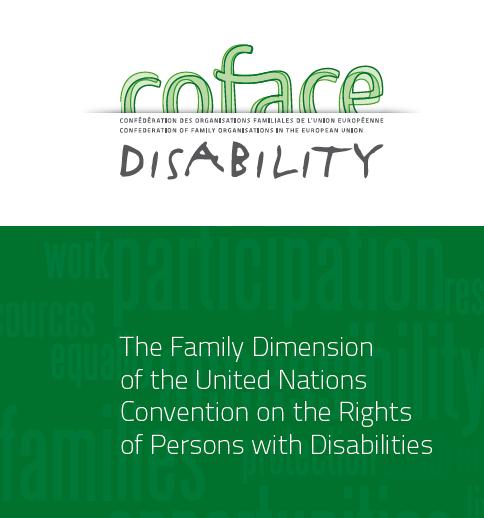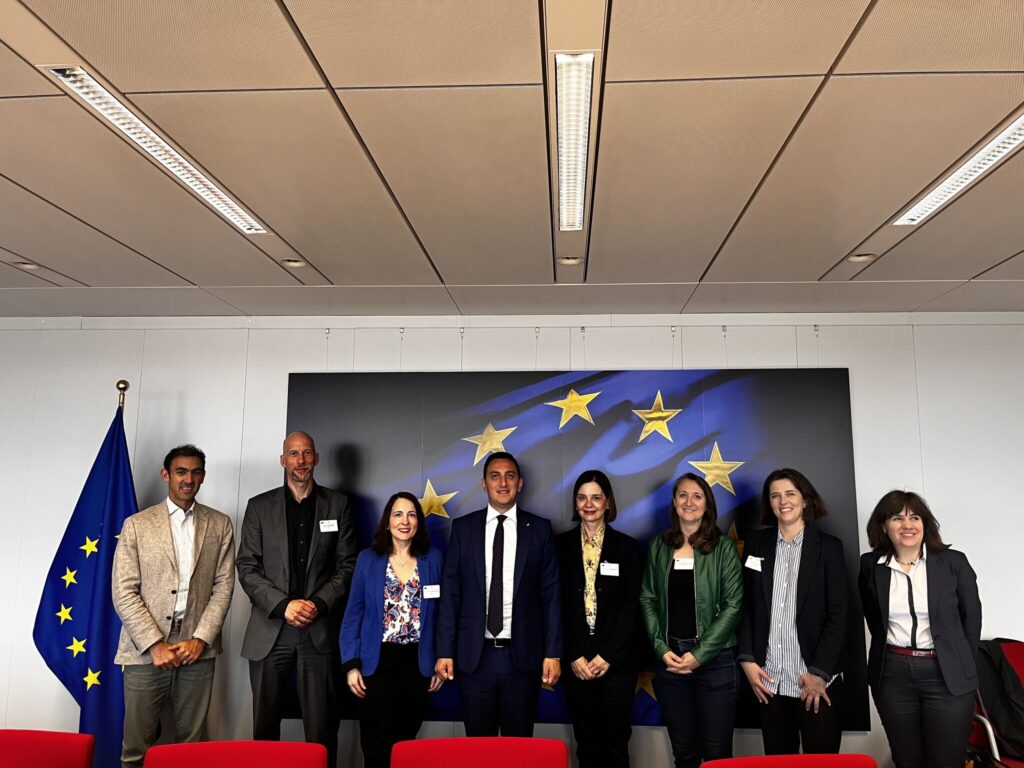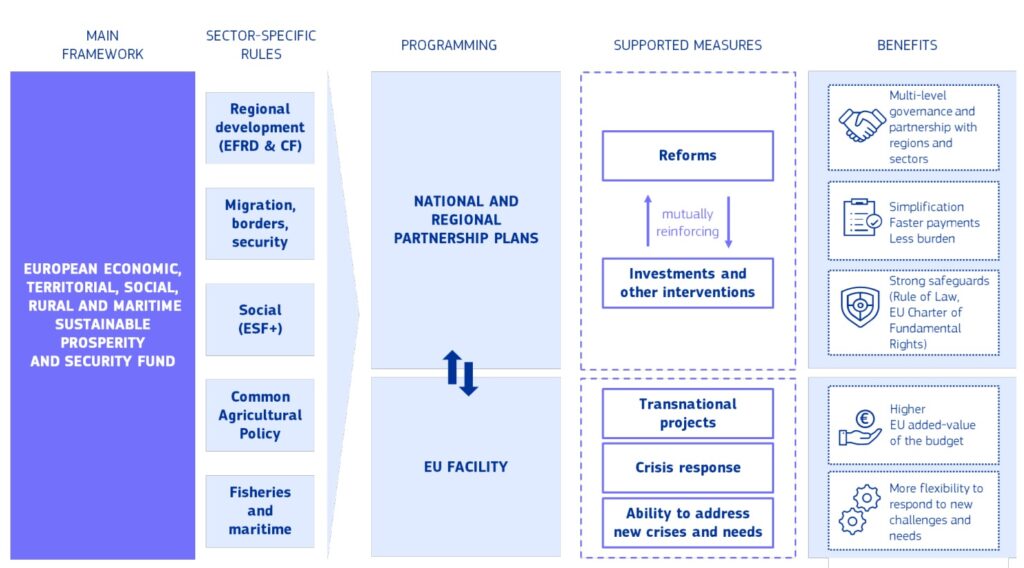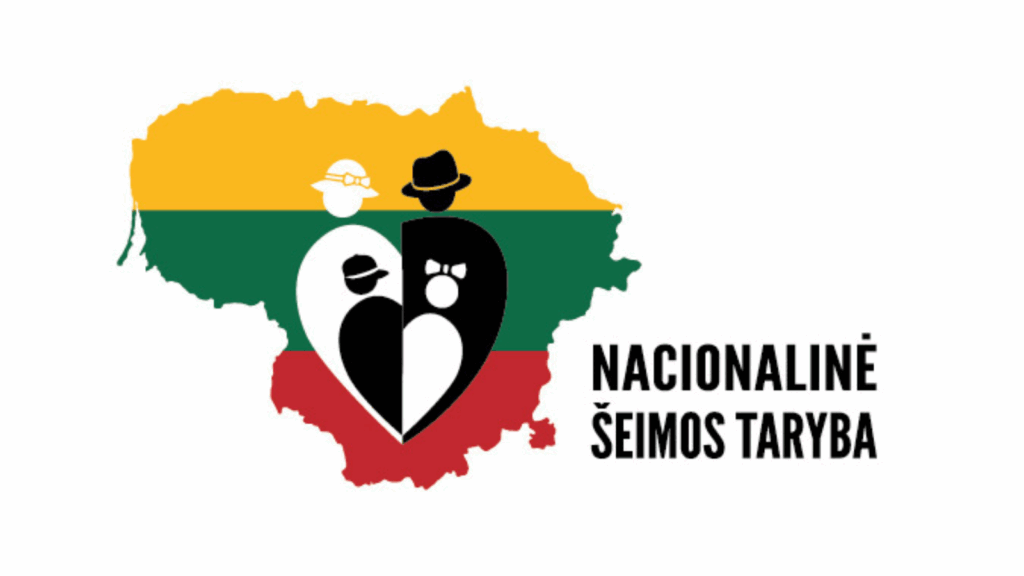The UN Convention on the Rights of Persons with Disabilities (CRPD) represents a milestone for the promotion of human rights and equal treatment in Europe and worldwide. The CRPD recognises that ‘ disability is an evolving concept’, resulting from ‘the interaction between persons with impairments and attitudinal and environmental barriers that hinders their full and effective participation in society ’. Above all, it identifies persons with disabilities as right-holders rather than passive beneficiaries of welfare and medical assistance : this paradigm shift in the understanding of disability – from a medical to a social and human rights model – remains one of the Convention’s most innovatory aspects.
Several articles in the CRPD also affect, directly or indirectly, the rights and wellbeing of family members of persons with disabilities.
This publication adopted ten years ago in 2012 consists of the COFACE position on the family dimension of the UNCRPD, followed by the integral text of the Convention. The COFACE position is the outcome of the work done by its members within the COFACE Disability platform for the rights of persons with disabilities and their families.
The first aim of this paper is to illustrate the main implications of the CRPD for the improvement of the rights and wellbeing of persons with disabilities and their families, recalling Member States’ and EU’s role in this regard. Moreover, this position intends to raise awareness on the scope and relevance of the Convention among family organisations, policy makers and other representatives of civil society, in order to promote advocacy activities and facilitate the dissemination of the CRPD at national and European levels.
Finally, we chose to publish the integral text of the Convention to support the dissemination of this document, which is a keystone for the human rights system in Europe.
See full publication here in English and French.





